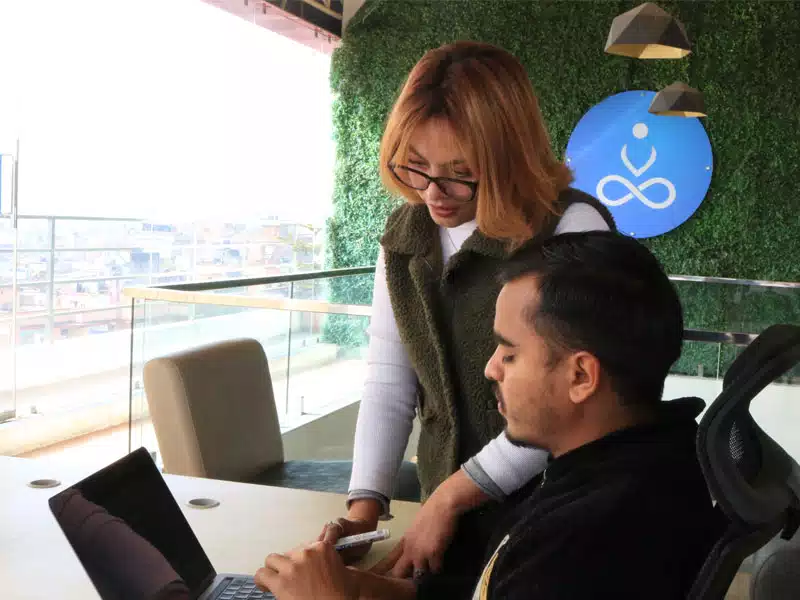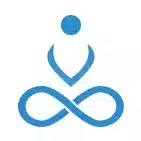Sony started her career as a programmer but quickly realized programming was not her cup of tea. She found her thrill in Software Quality Assurance QA and has now been finding bugs in software for more than three years.
In this episode of Gurzu Insights, we talked to Sony about the challenges of being a QA engineer in Nepal, the silver linings, and her experience working with Gurzu.
Get an inside look into the world of software quality assurance through Sony’s unique perspective and find out what sets this field apart in the tech industry.
Tell us a bit about your career path. When and how did you start as a QA Engineer?
Well, I didn’t always want to be a QA Engineer. Even after my undergraduate studies, I had not considered QA a career option.
We were conditioned to believe that, after studying IT, the only career for us was in programming. So, even if I was not very excited about programming, I joined an internship program as a Delphi programmer. After three months of learning the trade, I got promoted to associate developer.
I was delighted because of the quick promotion, I was working hard and learning new things every day, but I wasn’t enjoying what I was doing. I also found working around new challenges very frustrating. So, no matter how much time I gave, I was not falling in love with my job!
Back then, we were working on a hospital management system, and a significant part of my job was to fix the issues in the live environment of the system.
Our QA manager assigned us all the tasks and was responsible for verifying the completion of those things. His work looked fascinating to me, the way he kept all the programmers on their toes.
In the back of my mind, I was thinking about switching my career path; I didn’t know what else to do.
I think it was my fascination with the work of our QA manager which got me to actively research the roles and responsibilities of a QA. And it felt like something I could enjoy doing. I also reached out to a friend working as a QA back then. She had only good things to say about her job, which made me optimistic. So, without much contemplation, I searched for entry-level QA roles and joined a reputed software development company in 2019. It was only after spending a year there that I moved to Gurzu.
It must have been frustrating for you to do that! What do you think are the other challenges of switching careers in technology?
There were many uncertainties for young me to switch careers into something that was not widely popular as a career option in Nepal. To begin with, our colleges have yet to discuss careers and career options with us! We somehow believed that programming was the only thing we could do. I still find technology students in need of counselling about the diverse career options they have.
Even when I was in a dilemma about my programming career, I had no one to discuss this.
Looking back at the time now, I think I also got that confidence because it was my career’s very first days. If I had spent 5 or more years writing code, I might have taken more time to rethink my decision.
Suggested for you : Gurzu insights with Kshitiz Maskey
What does a QA engineer actually do? What does your typical workday look like?
QA engineers are a part of a software development team that works closely with developers and product managers. They test the deployed apps and maintain a high quality and speed throughout the software development lifecycle.
Usually, my day starts with a daily scrum meeting where we discuss our progress, blockers, and other issues related to the sprint we are executing.
Most of my work involves designing test plans, preparing acceptance criteria and test cases, and documenting test progress and results (Test Closure/RTM). Automating testing and refactoring test scripts is a big part of my job, as well as reporting bugs and classifying them by priority. I communicate daily with developers to discuss situations encountered during testing, getting clarifications on specific scenarios/behavior.

Other than that, weekly development meetings, retrospectives, and other internal meetings take up my time.
I also find time to research new tools and technologies in Software QA that I can use in Gurzu to improve our work. We frequently organize internal knowledge sharing sessions where I share my acquired knowledge to my colleagues.
Why is Quality Assurance important in a project? What are your achievements as a QA Engineer?
For your clients to like your product, it must fulfill their needs. QA’s role is to do just that- to ensure that the software product gives your customers exactly what they expect. QA processes are designed to ensure that the software product works reliably and is stable. QA ensures the product is built with security in mind and the safeguards are adequately tested.
I feel proud to say that I have successfully implemented the best quality assurance processes in all the projects I have been involved. I have automated many mundane tests with automation testing in projects.
At times, I have handled more than two projects simultaneously. My team and I have consistently delivered final products on time with the best quality, and that is my biggest success story as a QA.
Do you believe that Quality Assurance plays a significant role in the success of a business?
Yes, QA plays a vital role in the business’s success. In today’s competitive business world, your customer’s interaction with your product and their reaction to it defines your success.
Quality Assurance of software ensures the customer experience is top-notch, and customer satisfaction is guaranteed. When customers get a better experience, their trust in the brand is boosted.
Suggested for you : Web automation testing with Cypress - by Sony Tuladhar
How is the domain of Quality Assurance evolving? What are the current trends? After 5 years, what do you think the industry will look like?
Only a few years ago, I witnessed developers themselves testing their code, working as both a developer and a tester. In recent years, I have noticed agencies and individuals getting more and more sure about QA being an inseparable part of development.
Wide acceptance of agile methodologies has combined the activities of developers and testers to such an extent that Quality Assurance is no longer a standalone phase. Instead, testing has become an implicit activity throughout the software development lifecycle.
“Quality” ceased to become the sole responsibility of the testers. It became a shared responsibility of everyone involved in developing and delivering the product.
I see communities evolving in the QA domain and QAs making an effort to share experiences and knowledge within the community, which makes me more excited for our future.
Artificial intelligence and machine learning are the newest trends we expect to grow steadily in the next few years. And the effect of that can be seen in this field too.
What has your overall experience at Gurzu been like? How is it challenging working here? What are the good parts?
I would say the biggest challenge is being the best version of myself and setting an example for new people in my team. Sometimes, you have to handle multiple projects, and sometimes you have to attend meetings at odd hours, but I have learned to have fun with it.
Gurzu has been excellent in every way so far. Gurzu is a young company at heart; we learn new technologies and always try new things. I love that we have flexible work hours and that everyone has an outstanding work-life balance. The work culture is vivid and energetic, and so many like-minded people exist.
What makes your life easier as a QA engineer? Are there some tools or processes you use to make your work efficient?
Automated testing has been a lifesaver for me, which saves me a lot of effort while doing regression testing. It saves time as I don’t have to do the same task manually multiple times. I can personally vouch for the tools like ‘Cypress for web automation testing’ ‘Nimbus extension for screenshot taking,’ and ‘selector hub for locating web elements and verifying xpath’.
What are your major bits of advice to upcoming QA engineers?
The myth is that being a QA is easier than being a developer, but it needs to be validated! Both development and testing have challenges of their own. You need to put the same amount of effort into being the master of both domains.
To be an excellent QA Engineer, you must understand the client’s business goals. Your job lies not only in writing and testing code; it’s about creating business value. Expanding your skillset will expand your opportunities, even within your organization.
Share your knowledge with your fellow QAs, and colleagues. Growing and learning together has the best benefits for everyone! Keeping your learnings only to yourself won’t make won’t make you a good person, nor a great employee.
Sharing is caring!
………..
Gurzu is a software development company passionate about building software that solve real-life problems. Explore some of our awesome projects in our success stories.
Need help with automating your software tests? Gurzu engineers can help you! Drop us a message.

